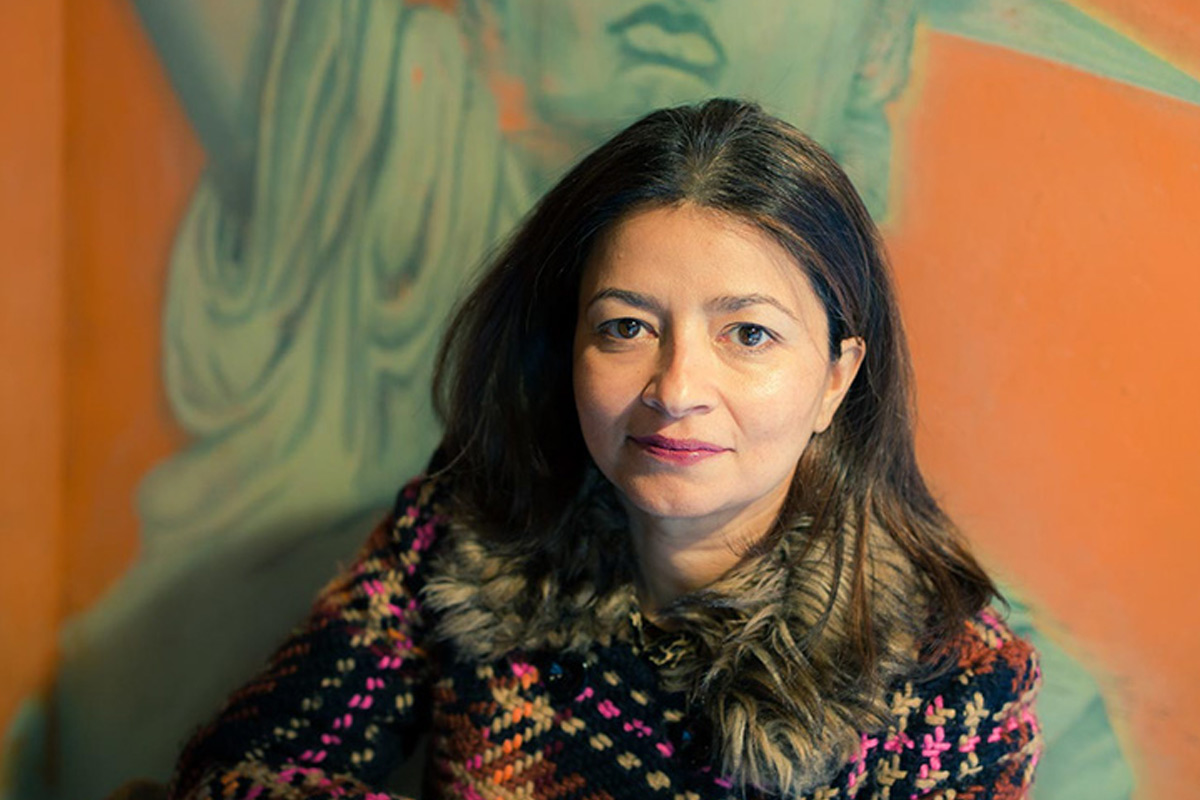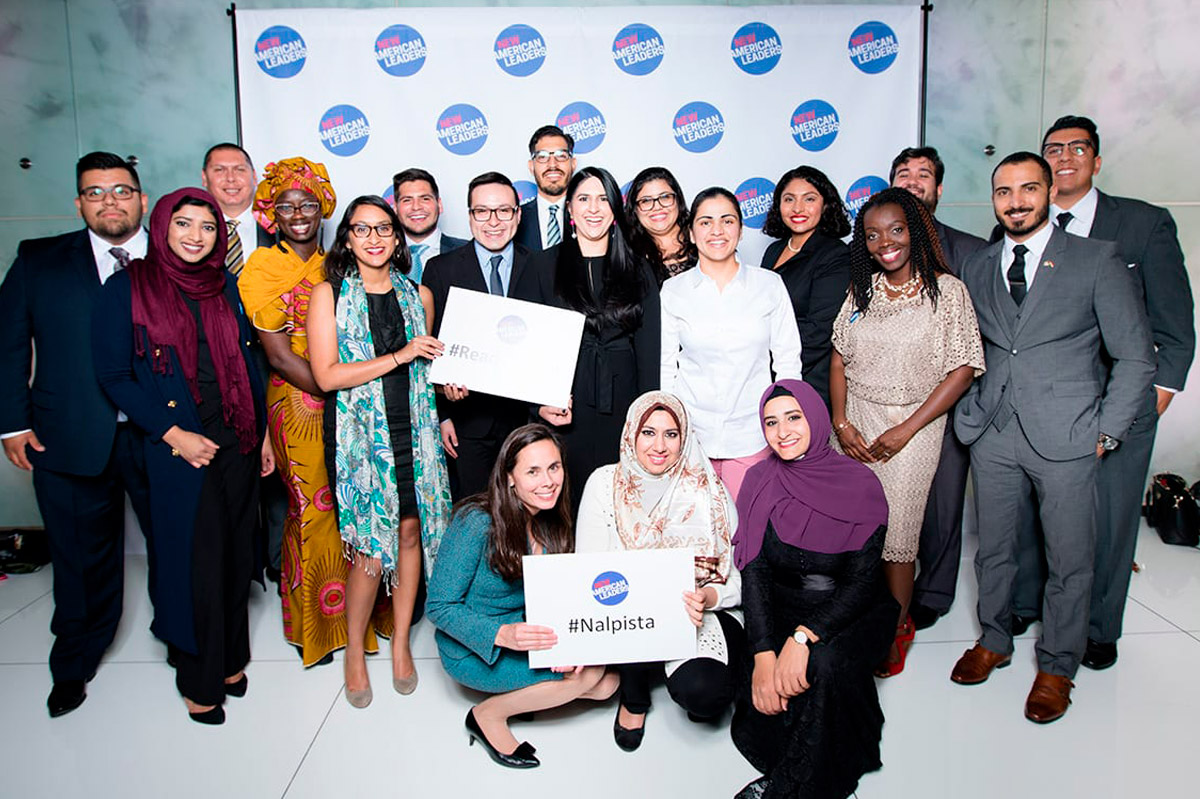The headline news of the 2020 election was Joe Biden’s victory over Donald Trump. But as this week’s Senate runoffs in Georgia powerfully attest, there are powerful stories to be found on the undercard.
One of the most compelling has been the performance of minority candidates — and in particular, the banner year enjoyed by the nonprofit New American Leaders, founded a decade ago and since led by TC alumna Sayu Bhojwani (Ph.D. ’14) to recruit and prepare first- and second-generation Americans to run for political office. [Read a profile of Bhojwani that appeared in TC Today magazine in 2019.]

NEW FOCUS Sayu Bhojwani has left New American Leaders to found a new organization, Women's Democracy Lab, focused on supporting female legislators after they are elected. (Photo: TC Archives)
Seventy-three of 112 NAL alumni (65 percent) won their general elections — and while the organization did not crack the ranks of Congress (one of its biggest successes was by Deborah Gonzalez, who became Georgia’s first LatinX district attorney after a runoff in early December), the key takeaways, for Bhojwani, were that “candidates of color can win in any district in the country” and that “progressive messages — Medicare for all, increasing the minimum wage” — resonated with voters across the country.
People want leaders they can connect with and who feel their pain. The far right was saying, ‘Do these ‘socialist’ messages really work?’ but that was a red herring. The bottom line was really, ‘Are the candidates going to fight for me?’, because people felt current officials weren’t responsive to the pandemic.
—Sayu Bhojwani (Ph.D. ’14)
“People want leaders they can connect with and who feel their pain,” says Bhojwani, who in 2018 published People Like Us: The New Wave of Candidates Knocking at Democracy’s Door (New Press). “The far right was saying, ‘Do these ‘socialist’ messages really work?’ but that was a red herring. The bottom line was really, ‘Are the candidates going to fight for me?’, because people felt current officials weren’t responsive to the pandemic. New York, for example, offered nothing to undocumented immigrants. So when a candidate has struggled economically or is a first-generation college student or is new to the community or to the U.S., or grew up in foster care or has run a small business, those are all indicators of the American lived experience. Constituents see a kinship and a commitment to work on the challenges that they and the candidate have experienced.” [Read a story on Bhojwani’s assessment of Vice-President Elect Kamala Harris’s appeal across racial and ethnic groups.]
NAL candidates employed a “constituent services” approach rather than only asking for money; they checked on neighbors, shopped for the elderly and distributed information about food pantries and other supports. And while NAL did not field any Republican candidates, Bhojwani notes that the record number of Republican women elected to Congress this year included a group of first- and second-generation Americans who, in many instances, made their family history a part of their message. “They were signaling an inclusion that is not actually present in the party — but the fact is, they made gains even by owning their immigrant heritage,” she says.
As 2020 drew to a close, Bhojwani was in the process of leaving NAL to launch a new nonprofit, Women’s Democracy Lab, focused on supporting female legislators after they are elected.
Biden may yet have an historic presidency. The mandate is really big — and people are going to hold him accountable, because they feel that this is their win — ‘we made it happen.’
—Sayu Bhojwani (Ph.D. ’14)
“We’re definitely getting more diversity in office, but folks are still asked to work in a system that wasn’t made for them,” she says. “Working class women of color, in particular, have to handle additional hardships — like being a state legislator on a part-time salary.”
Meanwhile, she’s optimistic about the prospects for broader change.
“Biden may yet have an historic presidency,” she says. “The mandate is really big — and people are going to hold him accountable, because they feel that this is their win — ‘we made it happen.’”
